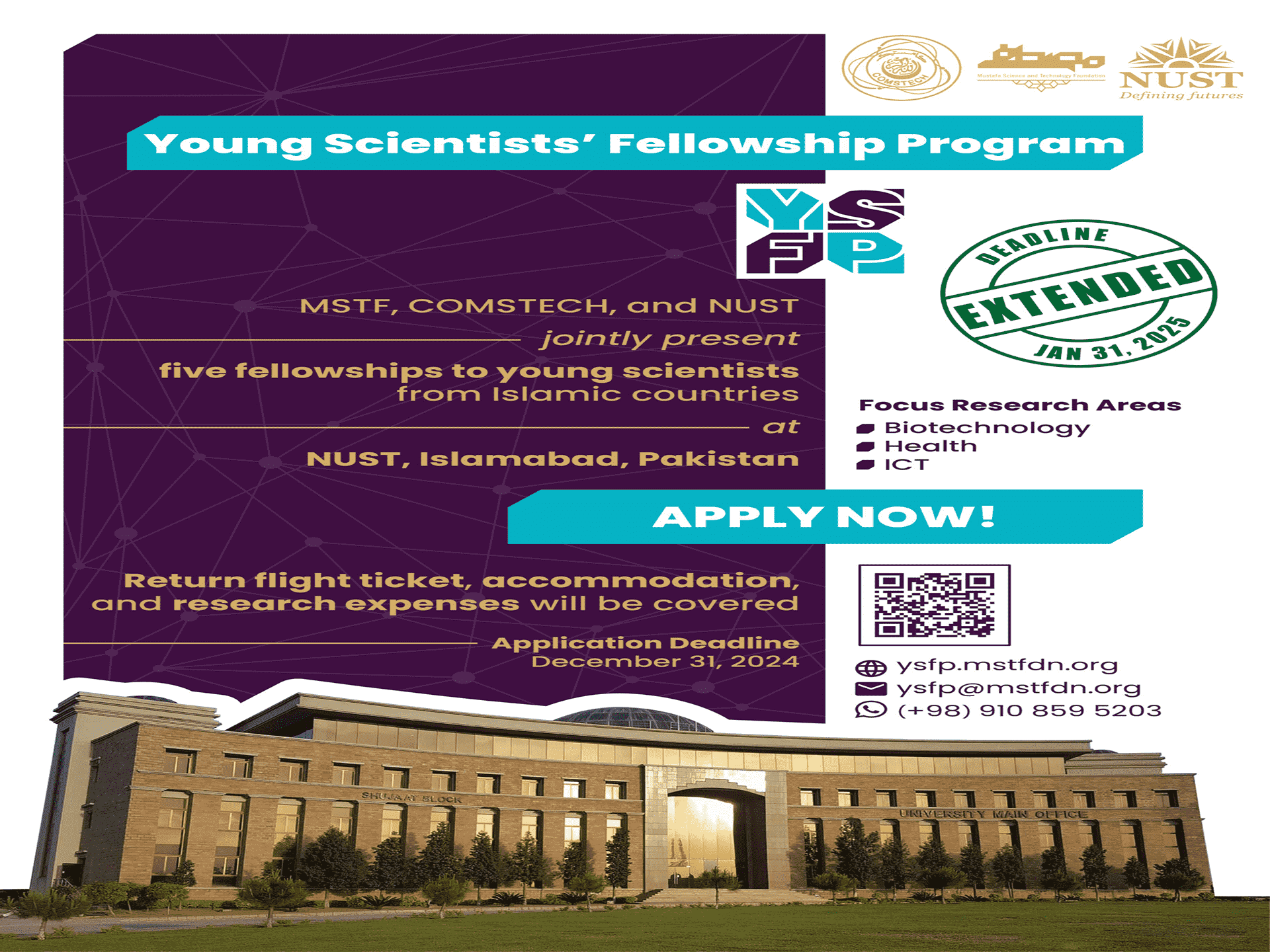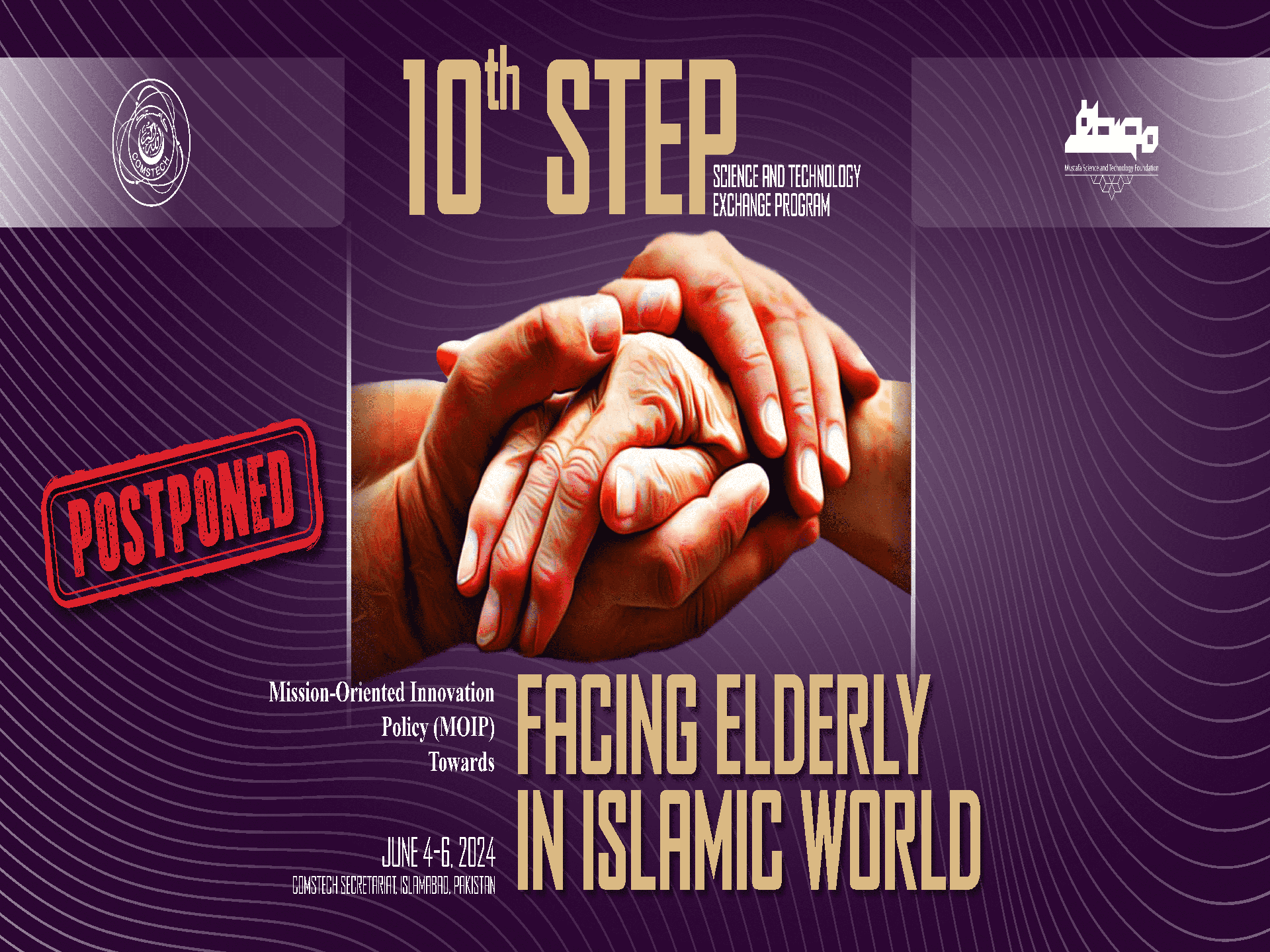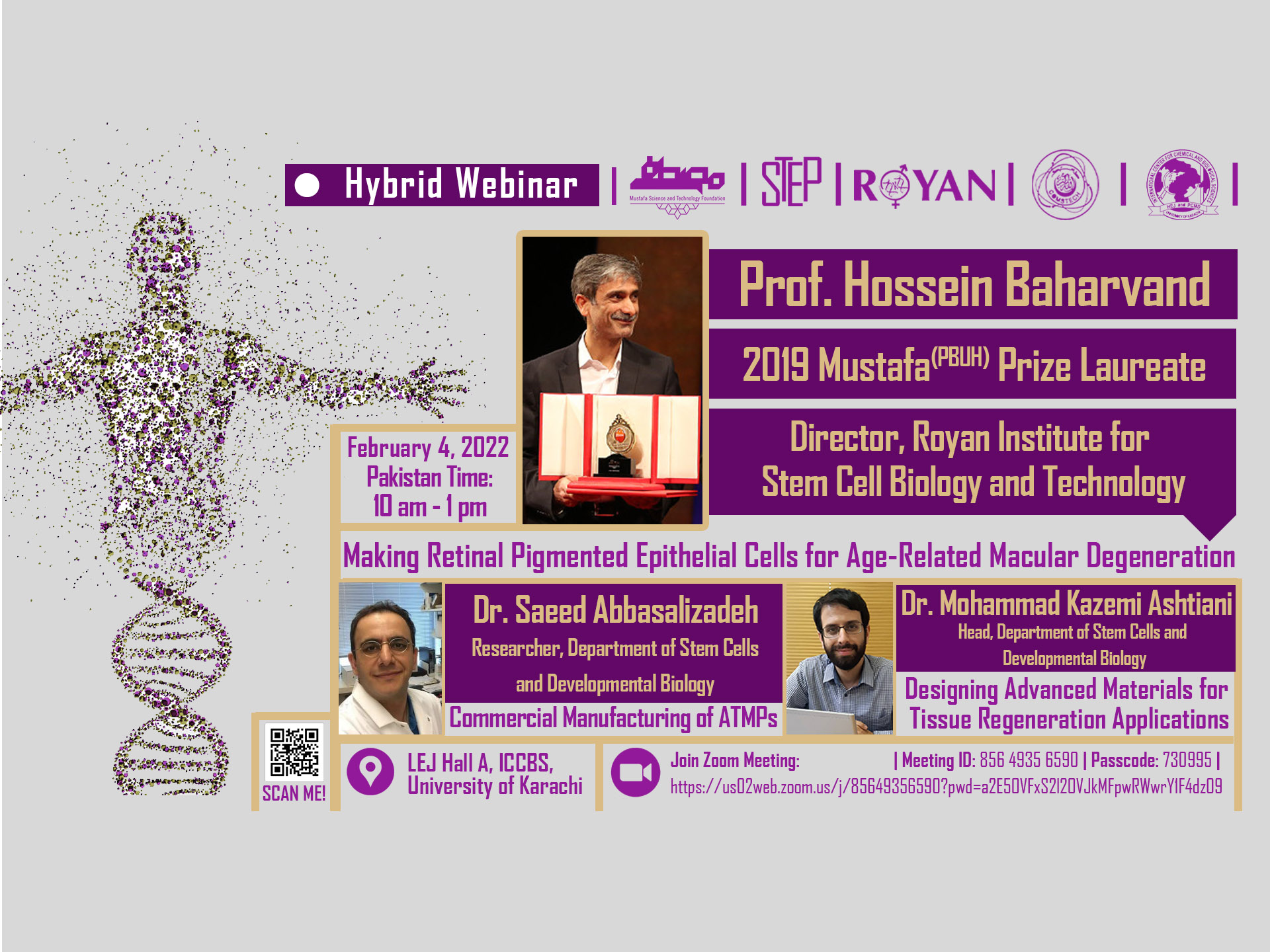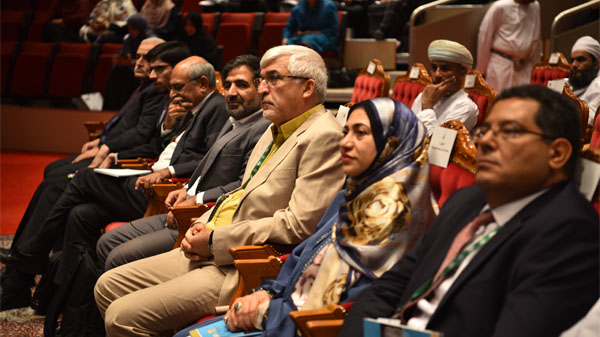TOP STORIES

‘Nanotechnology, Key to Solving the 21st Century Challenges’
02 Dec. 2018
The laureate of the 2015 Mustafa Prize said nano-devices could assist in early diagnosis of diseases, whereas nanomedicine could lead to engineer better medicines. She added, "Nano-porous Membranes can help in providing access to clean water in addition to use of Nano-catalysts in sequestration of Green House gases and Nano-composites in making solar energy economical."
She also highlighted the significance of nanotechnology in cancer diagnosis, saying the current challenge is the difficulty in the procedure and the cost related to cancer diagnosis and prognosis.
"Liquid biopsy for cancer detection and assessment of the therapy will be much different with nanotechnology” she added.
When it comes to water management, nanotechnology has a cost effective role. “A challenge many nations face is water and with nanotechnology the cost of access to water can be reduced, compared to the cost of seawater desalination through reverse osmosis.”
Another area nanotechnology is being explored is for batteries. “Electrodes in Lithium Ion Battery has limited capacity. Nano-sheets can be used for energy shortage, photo-catalysis, sensors and catalysis” pointed out Prof. Ying.
"It helps to buffer the volume change that accompanies electrode cycling. A wide variety of Binary Oxide Nano-sheets have been synthesized and Metal Oxide Nano-sheets as Li-ion Battery Anodes. We also came up with Mesoporous Poly-Melamine Formaldehyde as it does not require heat treatment to capture Carbon dioxide as it can be done in room temperature," explained Prof. Ying.
Professor Jackie Ying and around 80 other top scientists are attending the fourth round of STEP forum in Muscat. Co-organized by Mustafa Science and Technology Foundation and Sultan Qaboos University (SQU), this edition of STEP is aimed at creating a network for scientists from across the Islamic world to exchange knowledge on three major themes of water, energy and health.







